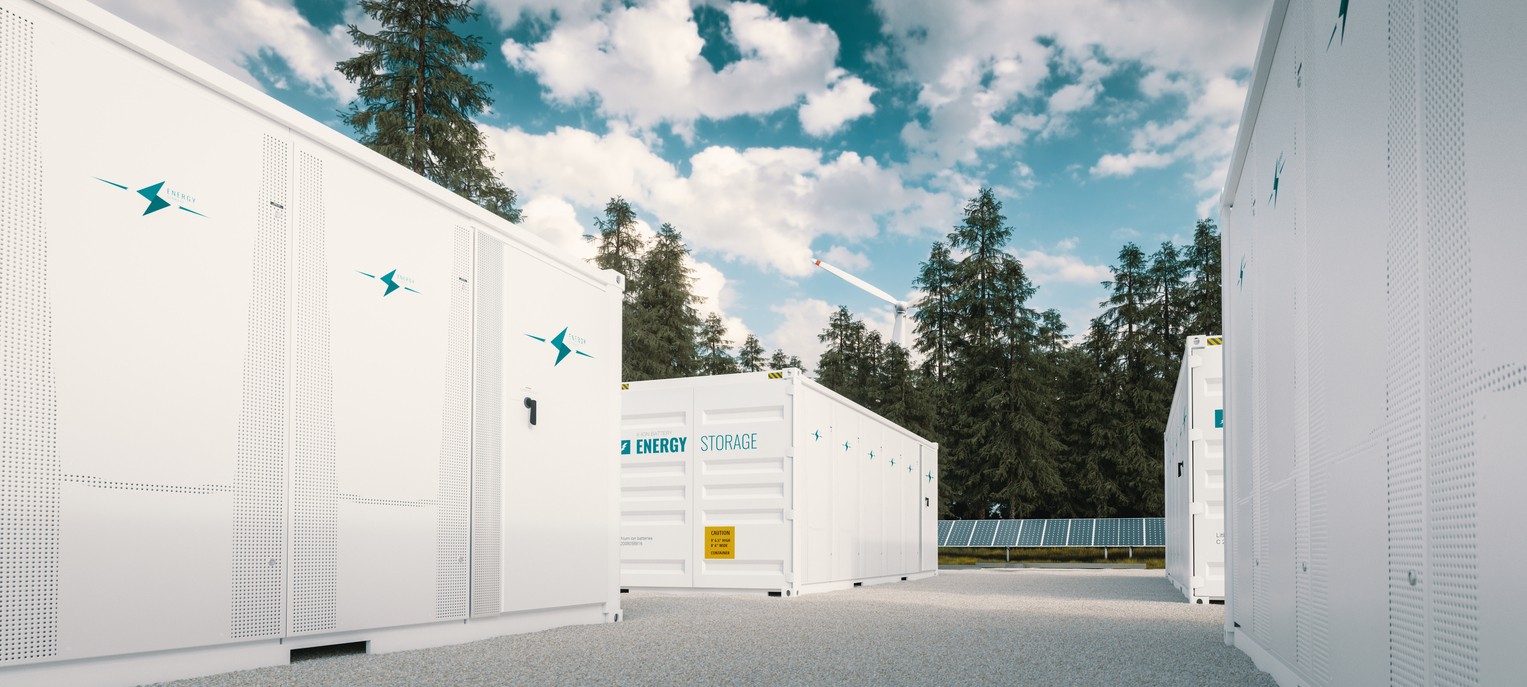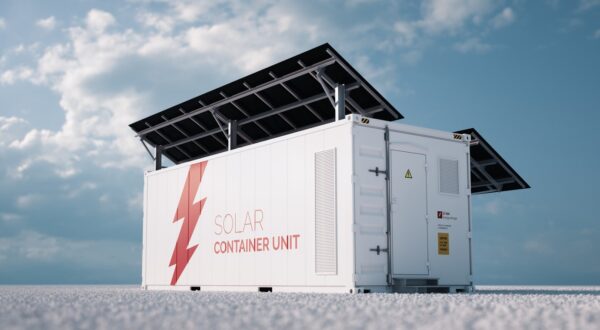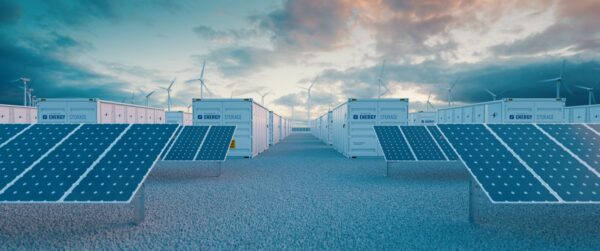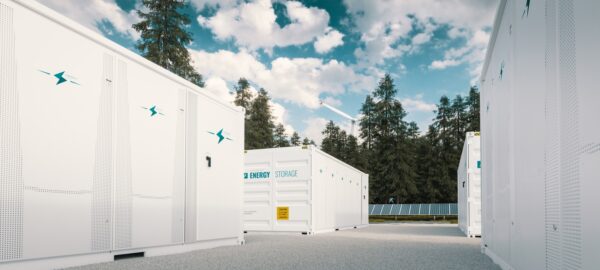
Are you planning to go solar to lower your electricity costs and use sustainable energy to help the environment? If yes, you may consider what will happen to the excess energy since you might not use all the generated energy.
After all, you may not require consuming electricity right away. The causes could range from geography and climate to culture and way of life. For instance, the U.S. Energy Information Administration reports that peak power demand in the country frequently happens in the summertime, when solar energy production is at its lowest.
On the other hand, more energy use is likely to occur in the evenings rather than the afternoons in households where people work during the day. The disparities between energy demand and production need the development of storage technology. This is where solar batteries enter the picture.
A solar battery may significantly improve the efficiency and adaptability of your solar setup, regardless of whether you are new to solar power and looking for the finest system for your building or have had solar panels on your commercial property for years.
Continue reading this piece to learn more about solar batteries and their benefits for your commercial solar system.
What Are Solar Batteries and How Do They Work?

The solar sectors have been entirely transformed by solar batteries, which have completely changed how people utilize energy. Here is all the information you require regarding solar batteries.
Solar would be inefficient if you didn’t have a place to transport the electricity your solar panels produce; otherwise, your appliances would only run when the sun is out, and your panels produce energy. The energy would be squandered if you did not utilize it, and you wouldn’t be able to use it at night.
Solar batteries store the energy your panels produce so you can utilize it when needed. Solar batteries can let you partially protect your facility from power outages or even wholly pull it off the grid as an alternative (or addition) to feeding energy back to the grid.
Whether the electricity is generated by your PV panels or the utility grid, on-site solar batteries are a backup reserve that can store it. The electricity from this reserve can then be discharged into your company or the more excellent energy grid.
- The first phase entails commissioning a new solar commissioning project or installing on-site batteries in an existing PV plant.
- You run your company on the solar energy your panels generate during the day. Instead of going into the power grid, any extra solar electricity is stored in batteries.
- To power your activities at night or on overcast days, you use the solar energy stored in your batteries instead of obtaining power from the utility grid.
Commercial Solar Battery Storage

When neither your PV panels nor your solar batteries produce any power under the scenario mentioned above, you merely need to purchase grid electricity. Even then, you can choose to power your business or recharge your batteries with the utility electricity you purchase, depending on which choice makes the most sense at the time.
Most battery storage options are fixed installations close to the breaker box. However, it is possible to achieve the advantages mentioned above (EVs) by utilizing electric vehicles.
Each car has built-in batteries that can recharge solar electricity and release stored energy when needed. With this strategy, the number of EVs in your fleet will ultimately determine your available storage space. Some companies use entire fleets of electric vehicles to handle their energy and storage requirements.
However, it is more expensive up front to add batteries to an existing or new solar PV installation. Additionally, the system has more components, necessitating extra maintenance and upkeep duties, further increasing the cost.
Furthermore, there are currently easier and less expensive ways to “store” unneeded solar energy. For instance, most states provide a net metering program that enables you to feed extra solar electricity into the grid. Even better, utilities are typically compelled to pay you for this electricity; often, the payment takes the form of credits that can be applied to future bills.
This strategy uses the entire grid as “virtual” storage for your solar electricity generated during the day. Only at night do you need to purchase grid power (when rates tend to be lower). Additionally, you can utilize your total utility credits to pay off those payments and increase your savings.
And yet, despite the simplicity and accessibility of net energy metering, more and more companies are adopting solar batteries.
Applications of Solar Battery Storage for Commercial Solar Systems

Battery storage acts as a wall between you and the power grid in the above situations. You can utilize it as an additional source of stored solar energy before switching to grid electricity. You may automatically save money with this configuration without having to handle anything actively.
However, you can increase these savings by strategically planning when and how you use the stored power in your business solar batteries. The two most popular strategies are peak shaving and load shifting.
Peak Shaving
Most utilities base their power tariffs for commercial and industrial clients on the maximum peak load for each user during that billing period. This must be done to guarantee that these big energy consumers can access electricity whenever needed. However, it also mandates that utilities maintain machinery and assets on standby even when nobody is using the additional electricity.
Utilities impose “demand charges,” the energy equivalent of Internet bandwidth, to offset these standby expenses. Your introductory rate for that billing period will be higher the more power you might require at any given time.
You can check your energy invoices to find previous periods of high consumption. Those peaks corresponded to your peak electricity usage. Utilities also use them to determine the demand charges for your company.
Businesses have typically had to curtail production to maintain constant demand levels to lower these costs. However, you can store solar energy in batteries when you need energy the most. Your maximum peak load decreases and your demand charges follow suit.
Peak shaving is an excellent method for lowering electricity expenses, especially if your energy demands are predictable. Consider a fleet of school buses owned by a municipality that all complete their routes, return to the depot, and charge each day simultaneously. Lower citywide utility costs would result from using on-site batteries to level off this daily spike in demand.
Load Shifting
Through load shifting, businesses transfer their most energy-intensive operations to the least expensive hours (solar power is most abundant). Additionally, they use batteries when grid prices are at their maximum. Keep in mind that these companies are still using the same energy; they are only “shifting” when they do so.
Businesses like peak shaving with known energy needs can benefit from this tactic. For instance, as the sun sets, most office buildings with solar technology switch to grid power. Not only does this cause a rapid increase in consumption (resulting in demand charges), but sunset also falls on peak times for utility rates in many areas.
However, you can use batteries and stored solar energy to run your operations at night. This enables you to do the same amount of “work” while reducing usage spikes.
Other Ways Your Business Can Benefit from Commercial Battery Storage

For most business owners, the potential for financial savings justifies combining solar energy with battery storage. However, the benefits of this combination go far beyond reduced electricity costs. Here are just a few of the factors that are causing this combo to become so popular.
Reduced Carbon Footprint
Going solar enables you to generate electricity from clean sunlight rather than from dirty utility power produced from oil, natural gas, or coal, which results in immediate environmental savings.
Since batteries postpone the time you must use the grid for electricity, adding batteries increases those carbon savings. Additionally, on-site storage lowers your overall utility power use.
Reliable Power Backup
Putting on-site batteries can make your company more resilient if you operate in a region with frequent grid interruptions. In essence, backup energy enables you to keep running your activities even if the grid as a whole fails.
This strategy is essential in states like California and Texas, which have recently experienced substantial grid outages. However, more companies globally are likely to include batteries in their continuity and resiliency plans as long as climate change disrupts weather patterns.
Emergency Power Backup
Often, power backups may go beyond the continuity of your company. Your business can have 24/7 access to electricity, meaning commercial solar battery storage is also about survival. The most common businesses that fall into this category include military installations, data centers, medical services, and emergency response facilities. After all, even the most temporary power loss can have significant negative consequences. Therefore, solar battery installation can offer essential services.
Contact Coldwell Solar for Your Commercial Battery Storage
Without a doubt, solar batteries make for a significant upfront investment. However, they can help lower energy costs in emergencies and after sunset. They are critical components of your energy system if your business is off-grid.
Solar batteries are an excellent clean, renewable, and green energy source. Many areas may even offer rebates or incentives to mitigate commercial solar system installation costs. The solar tax credit allows businesses to receive up to thirty percent off their battery installation costs.
Get in touch with Coldwell Solar for more information and further guidance.

